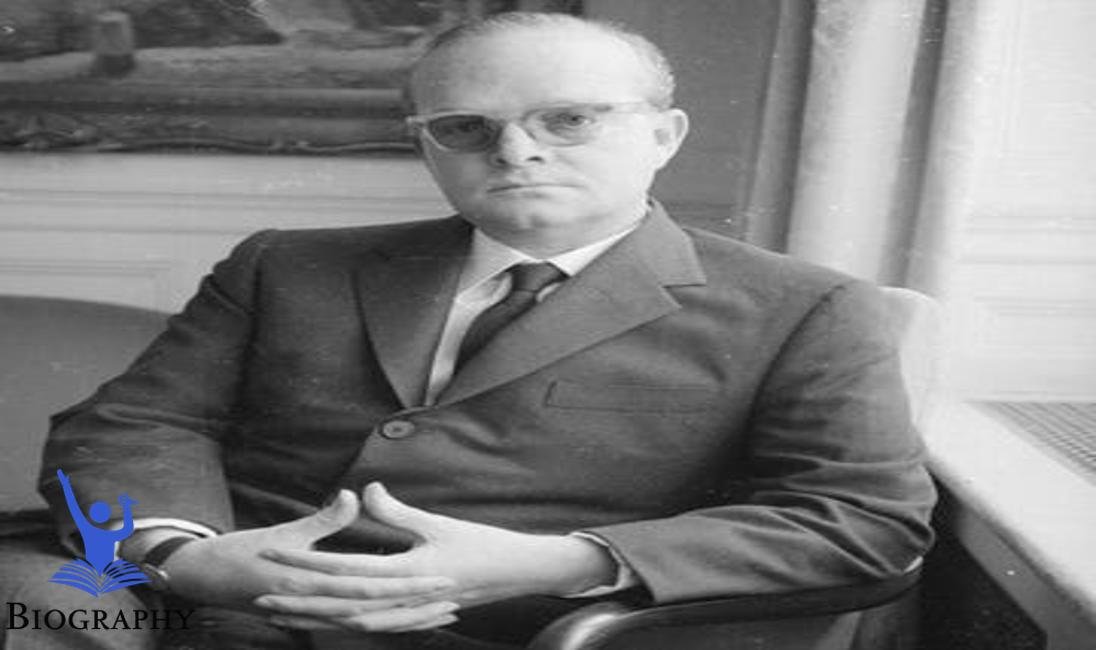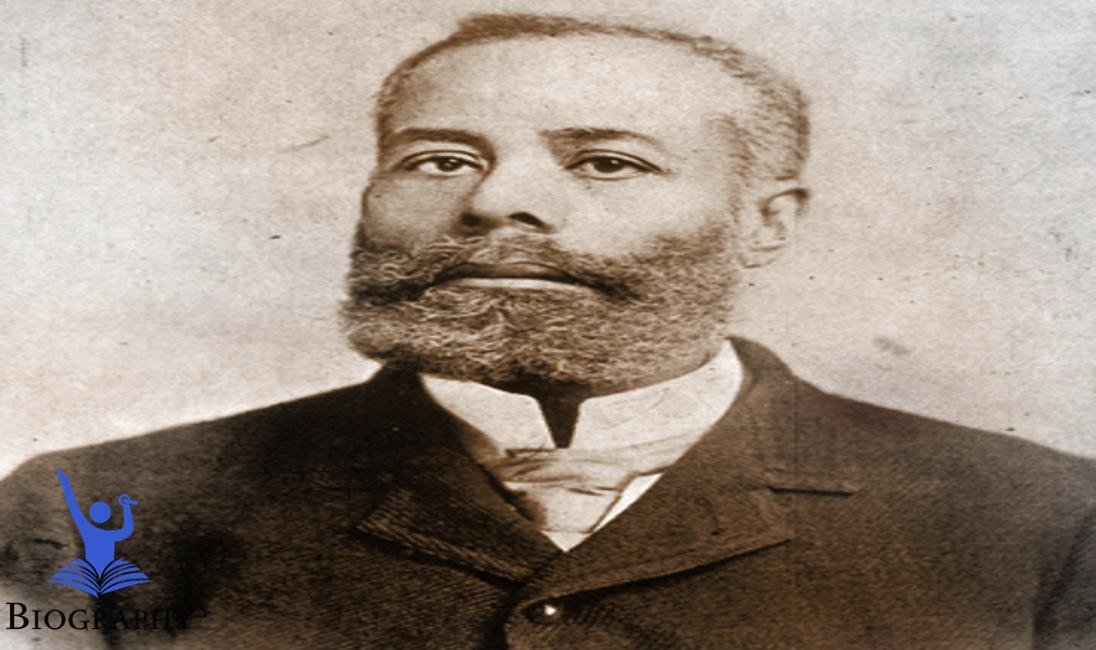Now Reading: Arthur Miller | Biography, Plays, Books, The Crucible, Marilyn Monroe,Facts & wiki
-
01
Arthur Miller | Biography, Plays, Books, The Crucible, Marilyn Monroe,Facts & wiki

Arthur Miller | Biography, Plays, Books, The Crucible, Marilyn Monroe,Facts & wiki
Arthur Miller: A Biography
Quick Facts
| Detail | Information |
|---|---|
| Age | 89 (deceased) |
| Weight | N/A |
| Height | 6 ft (183 cm) |
| Original Name | Arthur Asher Miller |
| Eye Color | Blue |
| Children’s Names | Rebecca, Daniel, Jane |
| Birthdate | October 17, 1915 |
| Spouse | Marilyn Monroe (1956-1961), Inge Morath (1962-2002) |
| Home | New York City |
| Hometown | Harlem, New York |
| Origin | American |
| Exes | Mary Slattery (1940-1956) |
| Brand Ambassador Roles | N/A |
Early Life and Family
Arthur, a miller, was born into the world on October 17, 1915 in Harlem, New York. His people were pure foreign Jews. His father, a fashion designer, had a successful career until the recession hit in the early 20s. The impact of this economic war on the family has been profound. Arthur had a very famous sister, Joan, with whom he was very close. Faced with the challenges of their father’s career disappointments, they experienced their childhood in a nurturing or experimental environment.
The miller had the strength to read and compose music from scratch. He enjoyed writing, especially books that studied society. His life as a young man shaped his views on the pursuit of happiness, a theme that would later appear in a significant number of his plays After the economic crisis of the early 20s, family moved to Brooklyn, where he attended high school.
Early Career and Struggles
The mill operator’s foray into theater began in school. He attended Michigan College, where he earned a degree in journalism. As he explored, he began composing plays. His most memorable and important performance was “Every One of My Children,” a 1947 debut. Several of his plays were rejected and he fought for fame.
Despite the dangers, the mill manager continued to organize and work hard. He maintained various sources of income to support himself, including office work and journalism. The conventions he encountered during this period influenced his composition, especially in the areas of duty and morality.
Rise to Stardom
The progress of the miller included “Passing of a Sales rep,” which premiered in 1949. The play tells the story of Willie Lowman, a struggling salesman who, with the cunning nature of pursuing pleasure Creativity is a great accomplishment was mentioned, The show won the Pulitzer Prize as well as numerous honors.
“Passing of a Sales rep” placed the Arthur Mill crew as number one on the American stage. His ability to put himself in traditional personal fights touched the public imagination, making him a common name. Scholars praised his work as a great commitment to the American show.
Success
A mill worker, he continued to produce reality shows throughout the 1950s and 1960s. Notable works include The Pot, written in 1953, which looks at the origins of Salem witchcraft and fills McCarthyism as a morality tale. The play’s strong themes of suspicion and immorality reflected the political climate of the time.
Other masterpieces include “A View from the Scaffold” and “After the Fall.” The miller’s ability to blend his own stories with the much broader social context sets him aside. His plays are often powerful venues for the underlying messages, and he has been praised for his strong knowledge of American culture.
A miller, he received various honors in his career. In addition to the Pulitzer Prize, he won three Tonys and was named to the American Theater Popularity Lobby. His success laid the foundation for the future of American playwrights.
Failure
Despite that recognition, the miller faced challenges and setbacks. In the 1950s, he entered the political spotlight because of his opposition to McCarthyism. He was asked to confirm it before the House Patriotic Exercise Council, where he would not be named, which led to the charge of treason.
Moreover, a portion of the latter received mixed reviews. And games like “The Loners” and “The Coast” haven’t been as over-the-top as his previous successes. While his themes were still relevant, scholars pointed to the fact that his style was not fully developed. Gradually, the miller began to formulate and respond to the survey, demonstrating flexibility.
Television Career
The power of the Arthur Mill crew was extended to TV. In the 1960s he adapted several of his plays for the small screen. A notable addition was “Demise of a Sales rep,” which was broadcast as a TV movie in 1985. This adaptation retained the game’s real depth and gained original recognition
The miller did an equally unusual teleplay. In “Playing for Time,” Fania Fnellon magazine described the plight of women in death camps during WWII. This work showcased her ability to handle stressful issues and earned her new recognition from TV.
Humanitarian Work
The mill manager was a playwright as well as a philanthropist. He used his foundation to advocate for a variety of social causes, including social equality, war and loss. He was deeply affected by the American wars and sought to publish insights into these issues through his work.
He supported unions fighting for civil rights and documentation. Throughout his life, the miller pushed for the right to tell stories and the importance of craft in the public eye. He understood the power of theater to initiate change and move the masses.
Personal Life and Controversies
The personal life of Arthur, the mill overseer, was as particularly complex as his plays. He married several times. His memorable marriage was to Mary Slattery, with whom he had two young children: Rebecca and Daniel. After their separation, he married famous entertainer Marilyn Monroe in 1956. Their marriage was solemnly announced but brief, lasting only five years
After Monroe, he married Inge Morath, a photographer. They had a daughter, Jane, and lived together until the mill manager’s death in 2005. Throughout his life, the miller faced scrutiny and controversy over his relationships, especially his union with Monroe
The mill operator’s political beliefs and performance attract further scrutiny. His anti-McCarthyism stance led some to label him as a socialist. But he remained unwavering in his convictions and vocally advocated for justice and rights.
Legacy / Awards
Arthur the miller died on February 10, 2005, but his legacy survives. He seems to be one of the major American writers of the twentieth century. His works continue to be evaluated and exhibited around the world, reflecting the complexities of human nature and society.
The impact of the millwright on the hall could not be greater. He changed the American show, offering themes of responsibility, morality, and the wars of the individual against society. His ability to use personal accounts and all-encompassing nuances of insight to cover groups of authors and influential periods.
In recognition of his promises, the mill manager received various honors throughout his career. These include Pulitzer Prizes, Tony Grants and Kennedy Community Honors. For example, his plays, “Demise of a Sales rep,” “Every one of My Children,” and “The Cauldron” remain original works in the American Theater Act
Nevertheless, Arthur the miller was number one on the American show. His career was marked by private warfare, political upheaval, and creative progress. His ability to embed the American experience and explore cultural virtues has made it an enduring currency in the theatrical universe and then some The voice of the mill operators echoes through his plays, filling in as a sign of the importance of craftsmanship to achieve it and care for the complexities of life






































